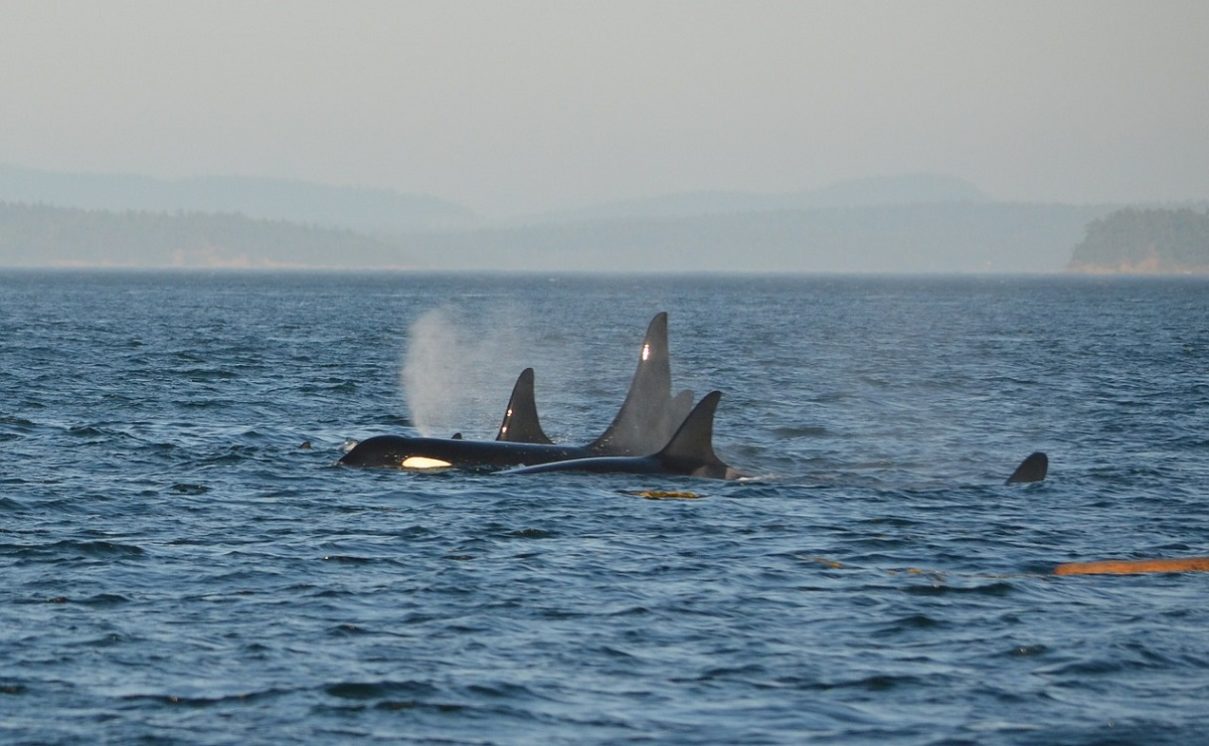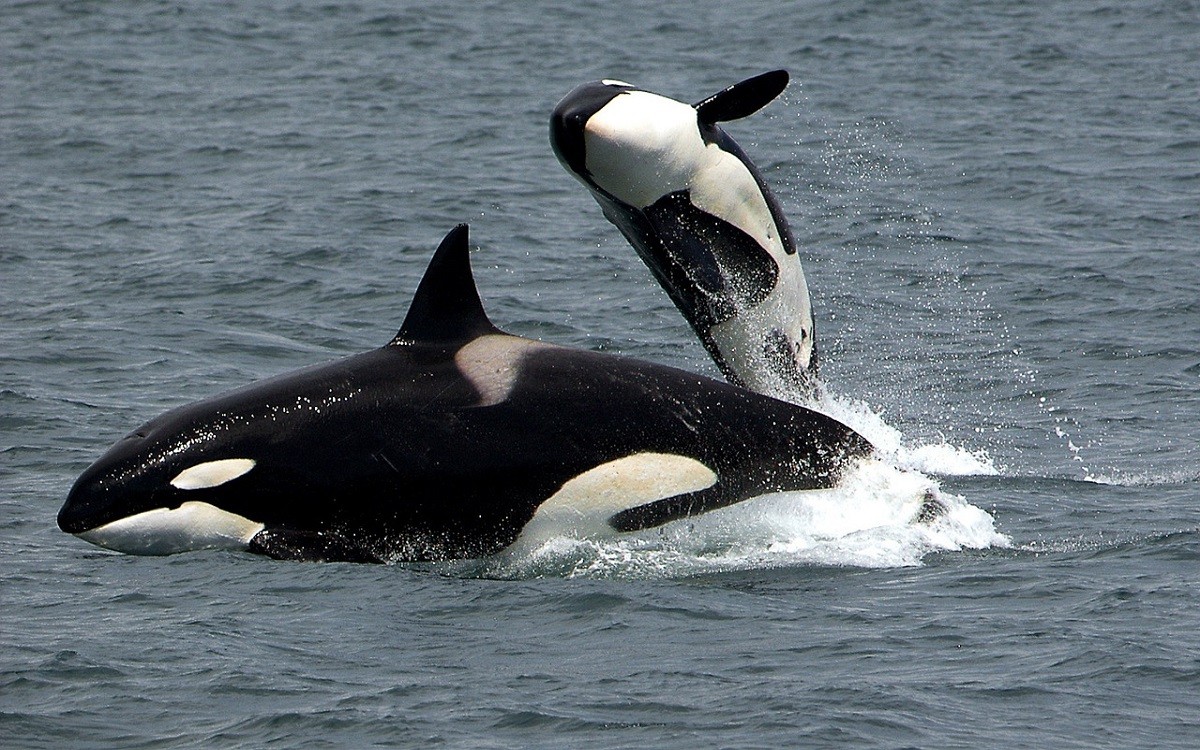2nd Year In A Row Canada Steps Up Efforts To Protect Whales. Ships will have to reduce speed in designated zones
In a joint press conference yesterday, Canada’s Minister of Transport Marc Garneau, the Minister of Fisheries Oceans, and the Canadian Coast Guard, Bernadette Jordan, and the Minister of Environment and Climate Change, the Jonathan Wilkinson, announced another wave of protective measures aimed at providing additional protection for Canada’s killer whale population.
“Together, we can make a difference in the protection of the iconic and culturally significant Southern Resident killer whale. Stronger controls on contaminants impacting these whales is part of the long-term and sustained effort to help these magnificent animals recover and thrive.” The Honourable Jonathan Wilkinson
Minister of Environment and Climate Change
The measures will reflect advice obtain from the consultation with First Nations, the Southern Resident killer whale technical working groups, the Indigenous and Multi-Stakeholder Advisory Group, and from public consultations. The measures focus on the primary threats to Southern Resident killer whales: prey availability and accessibility, acoustic and physical disturbance, and contaminants. Measures include:

- Protecting access to Chinook salmon with minimal disturbance in key foraging areas. There will again be area-based closures in the Juan de Fuca Strait and Southern Gulf Islands for recreational and commercial salmon fisheries. Specific dates will be announced in June. This year, all fish harvesters will also be asked to voluntarily stop fishing within 1000 metres of killer whales throughout B.C. waters.
- Creating interim sanctuary zones off Pender Island, Saturna Island and at Swiftsure Bank, which are in effect from June 1 to November 30, 2020. This is an additional month longer than last year. No vessel traffic will be permitted in these areas subject to certain exceptions for emergency and Indigenous vessels.
- Prohibiting vessels from approaching any killer whale within a 400-metre distance, effective June 1, 2020. Starting this year, this will apply year-round and in BC coastal waters between Campbell River and Ucluelet, which is further north than last year’s measure.
- Asking all vessels to “go slow” and reduce speed to less than seven knots when within 1000 metres of a whale. Vessels are also asked to turn off echo sounders and fish finders when not needed, and turn engines to neutral idle if a whale is within 400 metres. This will be year-around.
- Reducing contaminants affecting whales and their prey. Long-term actions focus on enhancing regulatory controls, monitoring and research, sharing information and data, and expanding outreach and education.
Effectively protecting and recovering Southern Resident killer whales requires a long-term, collective effort led by the Government of Canada and other partners. The Transport Minister also has plans to renew the landmark agreement with the local whale watching and ecotourism industry who have committed to once again not offer or promote tours focused on Southern Resident killer whales. Lastly, Vancouver Fraser Port Authority’s Enhancing Cetacean Habitat and Observation (ECHO) program will again be announcing measures related to large commercial vessels in the coming weeks.
Also, Worth Reading
Back To Back Star Tragedies: Rishi Kapoor Dies in Mumbai









